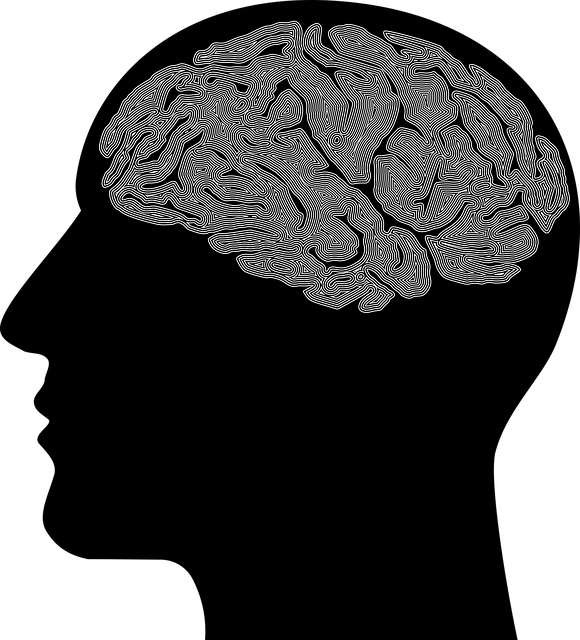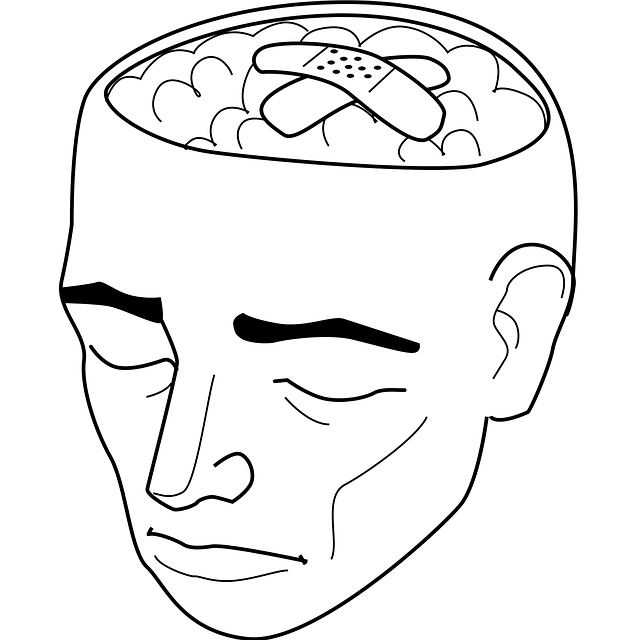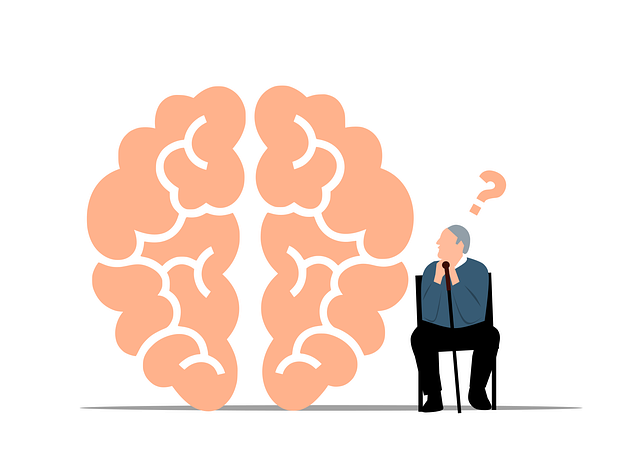Identifying substance abuse risks in elders is crucial for suicide prevention, as mental health awareness among older adults is vital. Early intervention through tailored therapy like Social Skills Training and CBT reduces isolation and negative thought patterns, improving their well-being. Integrating mindfulness meditation and culturally sensitive care enhances holistic risk reduction strategies, empowering seniors to seek help and prevent suicidal ideation.
Substance abuse among the elderly poses unique challenges, often going unnoticed due to aging-related stereotypes. This article explores critical risk reduction strategies aimed at mitigating substance abuse and promoting well-being in older adults. We delve into recognizing warning signs and providing therapeutic interventions for suicide prevention. By adopting a holistic approach, encompassing medical, psychological, and social factors, we can effectively support the elderly population struggling with substance abuse issues. Key focus areas include therapy types and comprehensive strategies to address this growing concern.
- Recognizing Risks and Warning Signs of Substance Abuse in Elders
- Therapeutic Approaches for Suicide Prevention Among Elderly Individuals with Substance Abuse Issues
- Comprehensive Risk Reduction Strategies: A Holistic Approach to Support Elderly Well-being
Recognizing Risks and Warning Signs of Substance Abuse in Elders

Recognizing risks and warning signs of substance abuse in elders is a critical component of suicide prevention efforts. As our population ages, it’s essential to understand that mental health awareness among older adults is just as vital as physical well-being. Substance abuse can often manifest differently in the elderly compared to younger individuals, with potential indicators including changes in mood or behavior, increased social isolation, and a decline in overall functioning. For example, an elder might start withdrawing from social activities they once enjoyed, exhibit extreme mood swings, or experience significant memory lapses—all of which could be red flags for underlying substance abuse issues.
Early intervention is key to mitigating risks. Through therapy for elders tailored to their unique needs and mental health awareness campaigns aimed at reducing the stigma surrounding mental illness, we can foster an environment where seniors feel comfortable seeking help. By integrating mind over matter principles into these initiatives, we empower our elderly population to take charge of their mental wellbeing, ultimately contributing to a more holistic approach in suicide prevention strategies.
Therapeutic Approaches for Suicide Prevention Among Elderly Individuals with Substance Abuse Issues

The elderly population faces unique challenges when it comes to substance abuse and its associated risks, including an elevated potential for suicidal ideation and behavior. Therapeutic approaches tailored to this demographic are crucial for suicide prevention. One effective strategy is Social Skills Training, which aims to enhance social connections and reduce feelings of isolation, a common trigger for mental health crises in the elderly. By fostering empathy building strategies, therapists can help individuals develop healthier coping mechanisms and improve their problem-solving abilities.
Additionally, focusing on Mental Wellness through cognitive-behavioral therapy (CBT) has shown promise in treating substance abuse among seniors. CBT assists in identifying and changing negative thought patterns and behaviors associated with substance misuse and suicidal tendencies. Integrating these therapeutic techniques into treatment plans can significantly contribute to the overall well-being of elderly individuals struggling with substance abuse, thereby reducing the risk of suicide.
Comprehensive Risk Reduction Strategies: A Holistic Approach to Support Elderly Well-being

In addressing substance abuse among the elderly, a comprehensive risk reduction strategy is paramount to their well-being. This holistic approach involves integrating various interventions tailored to their unique needs and challenges. Beyond traditional therapy for elders with substance use disorders (SUD), incorporating mindfulness meditation has proven effective in reducing risk factors associated with suicidal ideation and behaviors. Regular practice of mindfulness can enhance emotional intelligence, enabling individuals to better manage stress and regulate impulses—crucial elements in preventing substance abuse relapses.
Cultural sensitivity in mental healthcare practice is another vital component. Recognizing the influence of cultural background on an individual’s relationship with substances, therapists can offer more personalized support. By incorporating practices that respect and reflect each elderly patient’s cultural context, healthcare providers foster a safe and supportive environment, encouraging open communication and adherence to treatment plans. This approach not only improves therapy outcomes but also underscores the importance of emotional intelligence in navigating the complex interplay between mental health, substance abuse, and cultural identity.
In addressing substance abuse among elders, a comprehensive approach that includes recognizing risks early on and implementing holistic risk reduction strategies is vital. The article has explored key aspects such as identifying warning signs, therapeutic interventions for suicide prevention, and the importance of a holistic view to support elderly well-being. By combining these strategies, we can significantly reduce the risks associated with substance abuse in this demographic, fostering better mental health outcomes and enhancing the quality of life for our elders. Therapy tailored to their unique needs, especially focusing on suicide prevention, is an essential component of these efforts.














